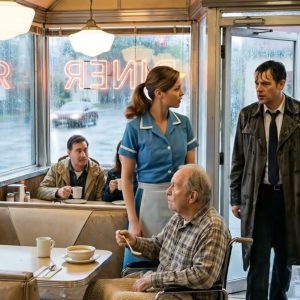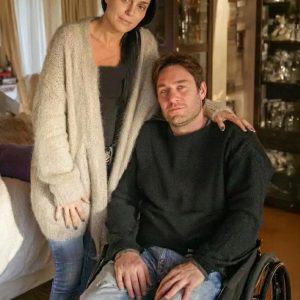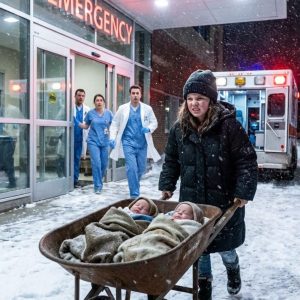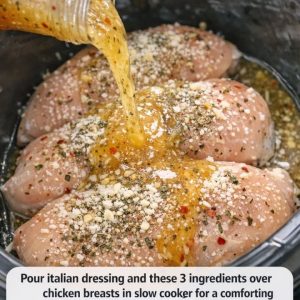When I was in 10th grade, biology was one of my favorite classes. I loved learning about how life works, from tiny cells to the complex systems in the human body. One day, our teacher announced that we would be learning about blood types and genetics. At first, it seemed simple enough to understand. She explained how our blood type is inherited from our parents and showed us a chart of the possible combinations.
As I studied the chart, I became fascinated by how predictable it all seemed. It felt like solving a puzzle, and I was excited to connect the lesson to my own family. But as I stared at the board, something didn’t add up. I raised my hand, feeling confident and even a little proud of myself. “Excuse me,” I said with a smile, “but I think there’s a mistake. My dad has AB negative, and I’m O positive. That combination isn’t on here.”
The room went silent as everyone turned to look at me. I expected the teacher to thank me for catching an error, but instead, she gave me a gentle, knowing smile. She walked closer and spoke quietly so only I could hear. “I think,” she said softly, “that you might need to have a conversation with your parents about this.” At first, I didn’t understand what she meant, but as the lesson went on, her words sank in. If my dad truly had AB negative, there was no way for me to be O positive.
That afternoon, I walked home with my mind racing. By dinner, I decided to bring it up calmly with my parents. They were surprised at first, and then my mom took a deep breath. She explained that sometimes families are formed in ways that aren’t straightforward. She reminded me that what truly makes a family is love, care, and commitment—not just biology. In that moment, I learned a truth about my early childhood that helped me appreciate my family even more. It wasn’t dramatic or painful, just a new understanding of where I came from.





